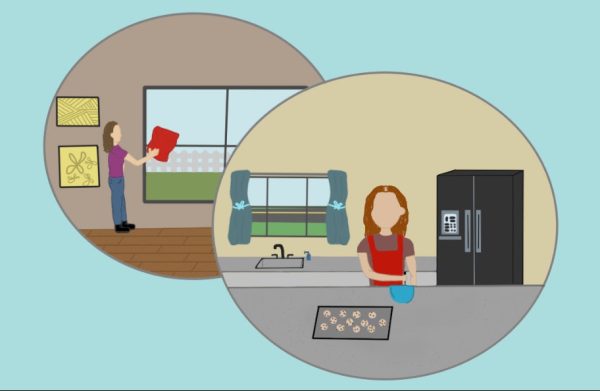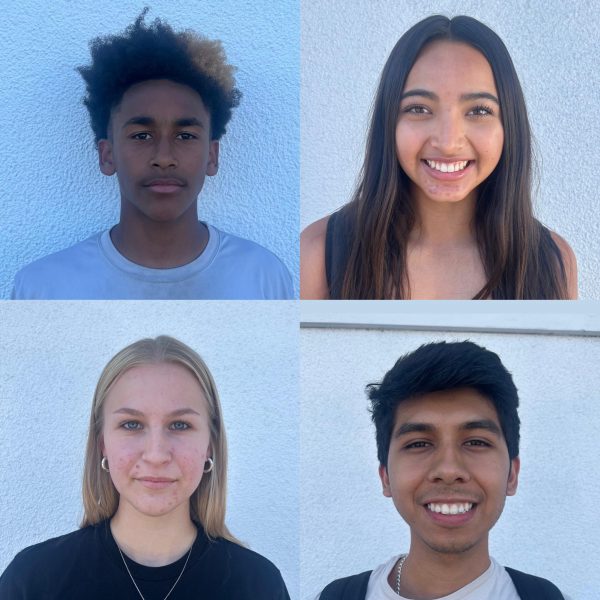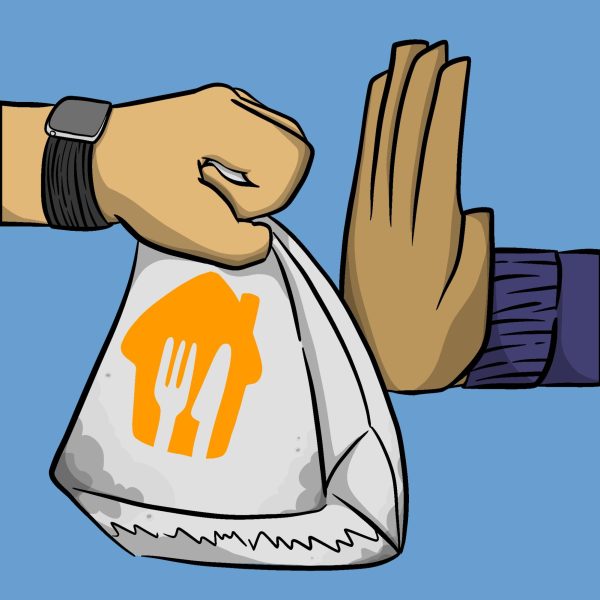The danger of an internet shadow
BVH students must be careful of what they post
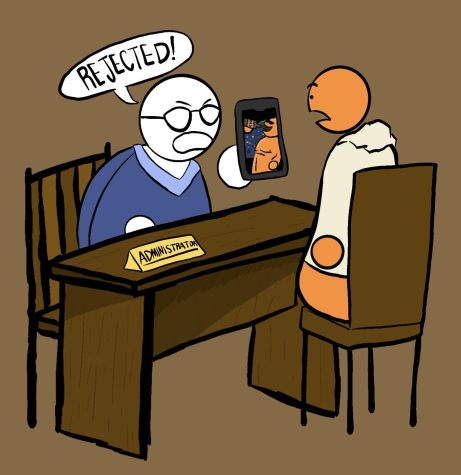
Students scroll on social media, deciding what to like, share and post next. However, students are ignorant of the consequences their actions on the internet have on their future. The consequences range from affecting their chances of applying for a job, to college acceptances or how people can perceive them.
A digital footprint is defined as the trail of data left behind by an individual as they use the internet, whether intentional or unintentional. Students are not an exception to this, despite “incognito mode” or ways of hiding their IP address. For example, an individual’s digital footprint grows when they post on social media and interact with one another through comments or online shopping.
According to Pew Research Center, a nonpartisan fact tank, 97% of teenagers use the internet daily most frequently using YouTube, TikTok, Instagram and Snapchat. Furthermore, according to a 2018 study also from Pew Research Center, teenagers are more likely to post about their accomplishments and family life to fulfill “social burdens” such as looking good to others and seeing which posts will gain more likes and shares.
Since everything is online, it is easy for students to get into the mindset that what they post or comment online will not be seen by others. They may also have the belief that their content can easily be deleted, removed, archived or erased with a click of a button. However, this is not necessarily the case.
Almost anyone can access websites to check others’ digital footprints, making it accessible to find out exactly what a student is up to. As a result, potential employers and college admission officers can easily check a student’s personal life and what is put on public record. This can possibly put the students at risk of not getting accepted to that college.
Consequently, students must be aware of what they post, what they search up and what is found in their likes. As high school students, it is even more crucial to be careful as they start to apply for colleges, jump start their careers and take on the role of a young adult.
With more teenagers being able to access more technology, and therefore create social media accounts on various platforms, it becomes a priority to take care of what is put out for the public eye to see. According to NetNanny, a company dedicated to safe net surfing, teenagers must learn when to post and what to post in order to not jeopardize their future.
With more teenagers being able to access more technology, and therefore create social media accounts on various platforms, it becomes a priority to take care of what is put out for the public eye to see.
— Maddie Almodovar
Similarly, being online provides a sense of security for people, making it easier for them to cyberbully others. Despite cyberbullying through anonymous accounts, an individual’s digital footprint proves otherwise. According to Delete Cyberbullying, a site dedicated to ending cyberbullying, being anonymous and ignorant of the consequences and social pressure add to the “allure” of posting racist, discriminatory and rude comments online. So even though many teenagers may feel more inclined and safe posting these comments, they really aren’t as faceless as they may think.
On the other hand, how accessible the internet is might also boost a student’s future. For example, according to Pew Research Center, 84% of teenagers who are “constantly on their phone” connect with other people while 83% of teenagers say they learn new things. The internet facilitates and maintains connections with other like-minded people. It becomes easier to explore clubs and organizations at a college and better understand the peers around them.
Technology also allows students to quickly research essay topics or math tutorial help. Constantly being on the internet brings exposure to new fields of interest, such as openings to career options or internship opportunities.
It is not to say that teenagers should not post at all; it is more effective to post and comment content that might add to one’s social status. Students may boost other students’ academic careers or achievements to demonstrate their supportive qualities. Following academic connections with college or employers could prove professionalism.
Like all life skills, social media networking and navigation must be learned. It is not to be taken lightly, as anything posted for a split second may still be recorded and traced back to the individual. That being said, students should not be overly cautious, but rather recognize the very real fact that their content is put on display for everyone to see.

This year, I am co-Editor-in-Chief for 2022-2023. I’m a senior and a second-year Crusader staff member. Last year, I enjoyed my time serving as...
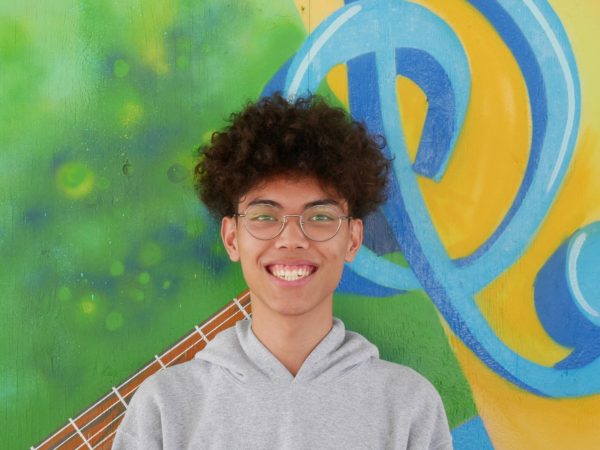
I am currently a senior at Bonita Vista High and this is my second year on staff as a Features Editor. I was previously the Videographer and chose to...



